-
×
-
×
-
×
-
×
-
×
-
×
-
×
Purple Vampire Crab - Geosesarma Dennerle - Decapod Crustacean 1 × £7.74
-
×
Subtotal: £195.47

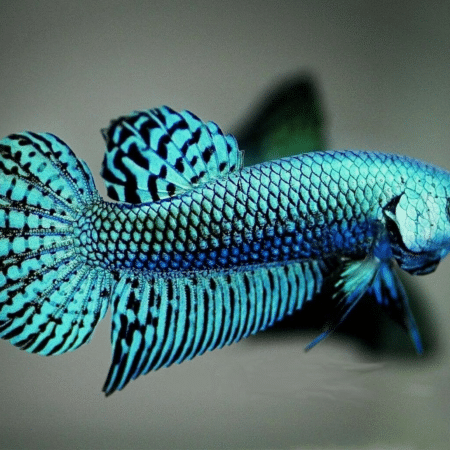

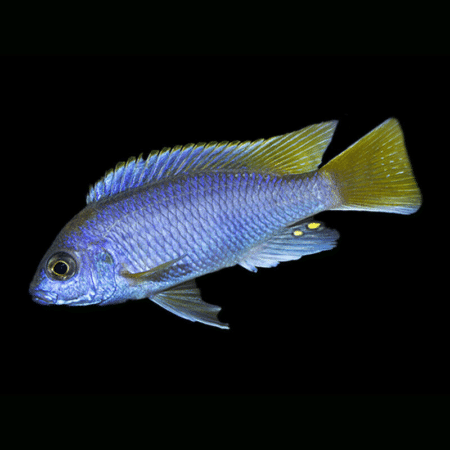
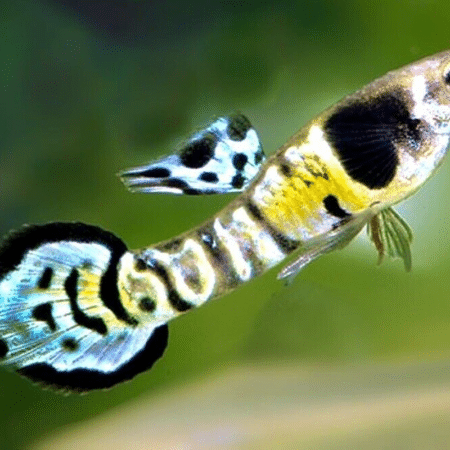

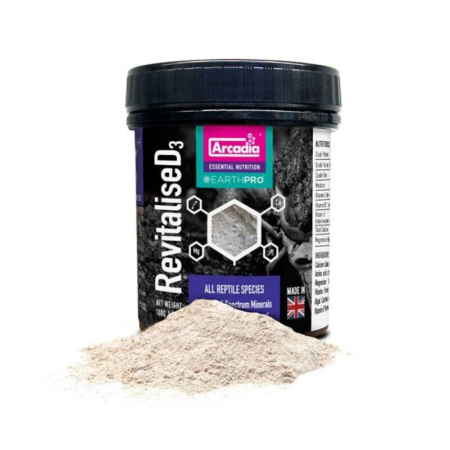
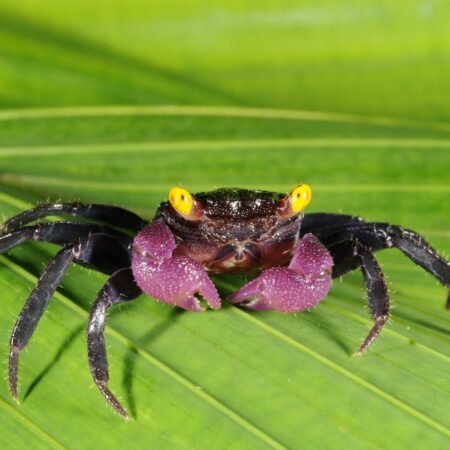 Purple Vampire Crab - Geosesarma Dennerle - Decapod Crustacean
Purple Vampire Crab - Geosesarma Dennerle - Decapod Crustacean 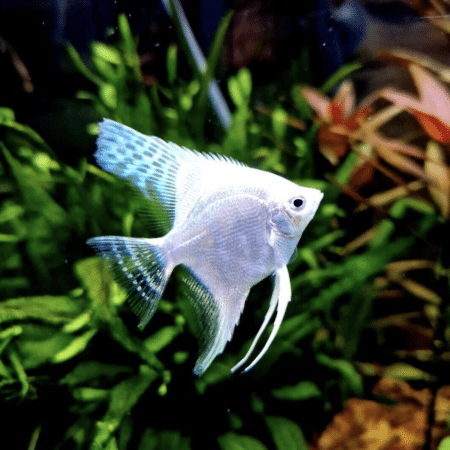
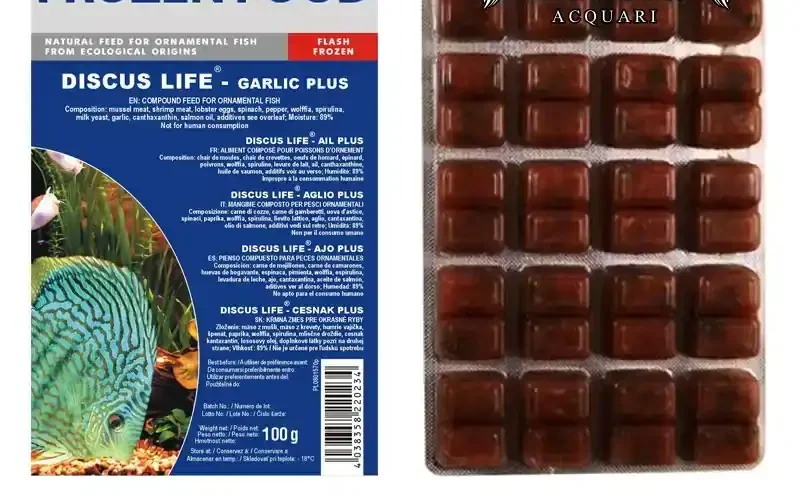
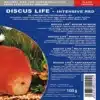
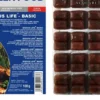


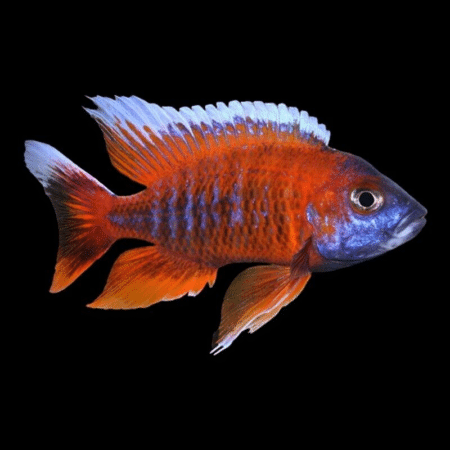
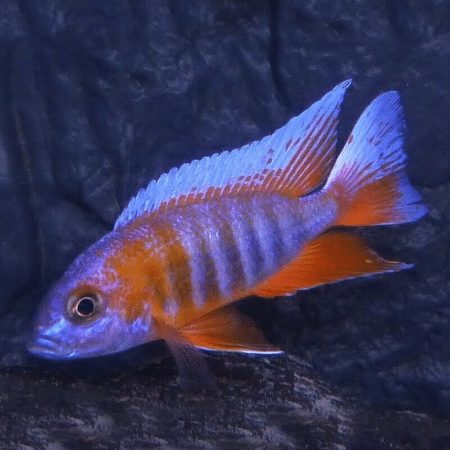
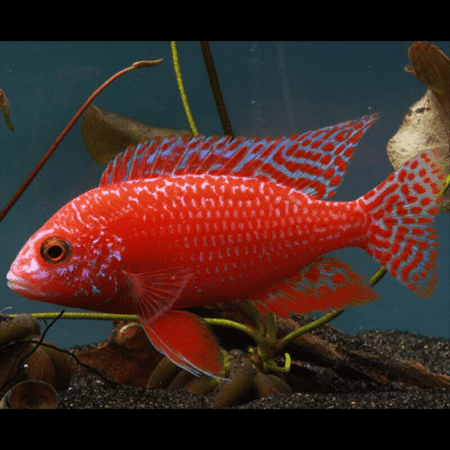
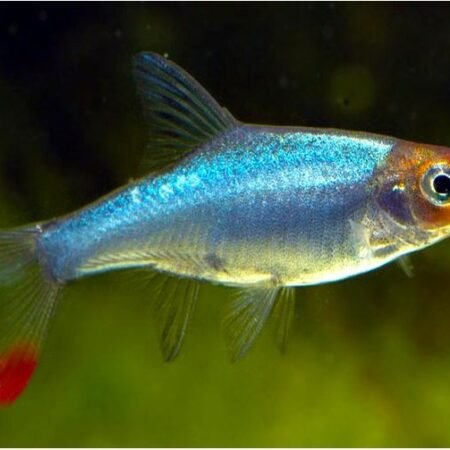
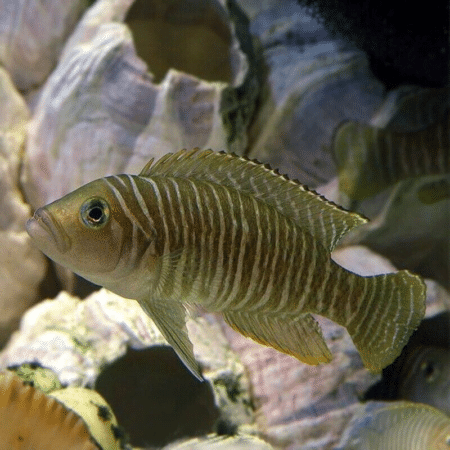
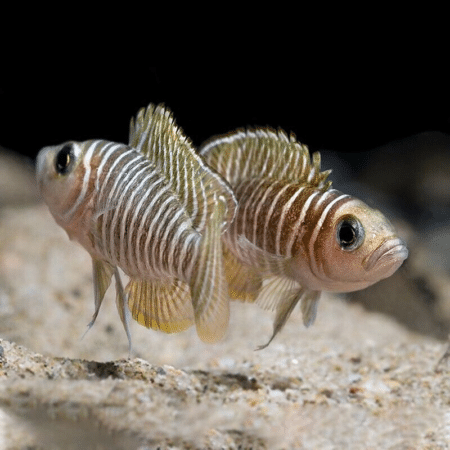
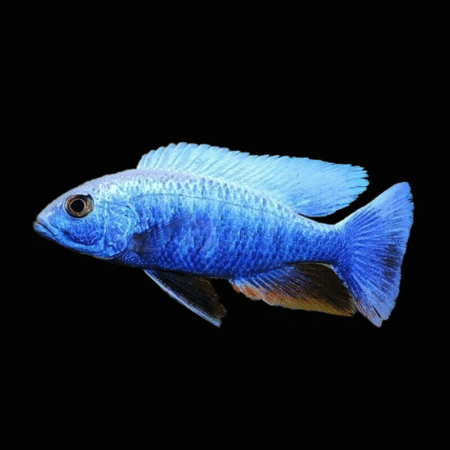
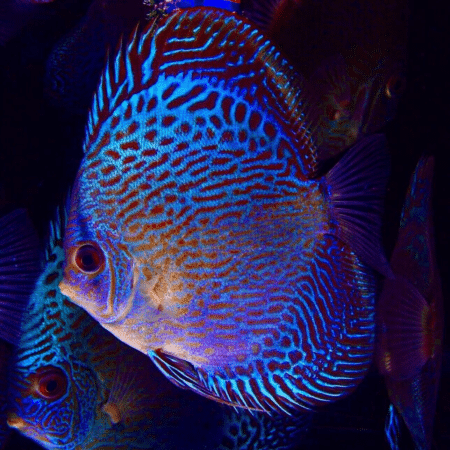
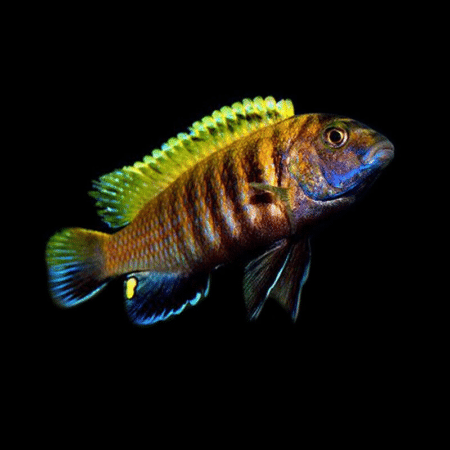
Emily Carter (verified owner) –
As a caring fish parent, I am always looking for the best nutrition for my discus fish, and the 6X100G Discus Life Garlic Plus Blister has been a game changer! After using it for about two months, I’ve noticed a significant improvement in my fish’s vitality and coloration. They absolutely adore this food, and the garlic fortification seems to stimulate their appetite even more. I love that it’s flash-frozen, preserving the quality of the ingredients, which to me is crucial for their overall health.
Compared to other frozen feeds I’ve tried, this one stands out because the flakes are perfectly sized for my discus, and there’s minimal mess when feeding. My fish devour it within seconds, leaving no leftovers—something I struggled with when using other brands.
One minor downside is that the blisters can be a bit tricky to open without spilling some of the contents, but that’s a small trade-off for such high-quality nutrition. I highly recommend this product to anyone with discus or other similar fish species; they will thrive with this nutrition. It’s truly worth every penny!
Emily Carter (verified owner) –
As a caring fish parent, I am always on the lookout for high-quality food that not only meets the nutritional needs of my discus but also enhances their well-being. The 6X100G Discus Life Garlic Plus Blister has been a game-changer for my tank! After just two weeks of feeding, I’ve noticed a significant boost in the vibrancy of my fish. The flash-frozen garlic-fortified formula is not only appealing to them but also seems to aid in their digestion.
I’ve tried other brands before, but this one truly stands out in terms of quality and ingredients. The packaging is convenient, and the blisters make it easy to portion out – no more messy thawing! I appreciate that the food stays fresh until I use it, which helps maintain the nutrients.
Overall, I’d recommend this product for any discus enthusiast, especially those with breeding setups or community tanks. The garlic adds an extra allure that seems to entice even the pickiest eaters. Just be aware that there can be a bit of extra waste if you overfeed, which is a small concern. But honestly, my fish are thriving, and that’s what matters most!